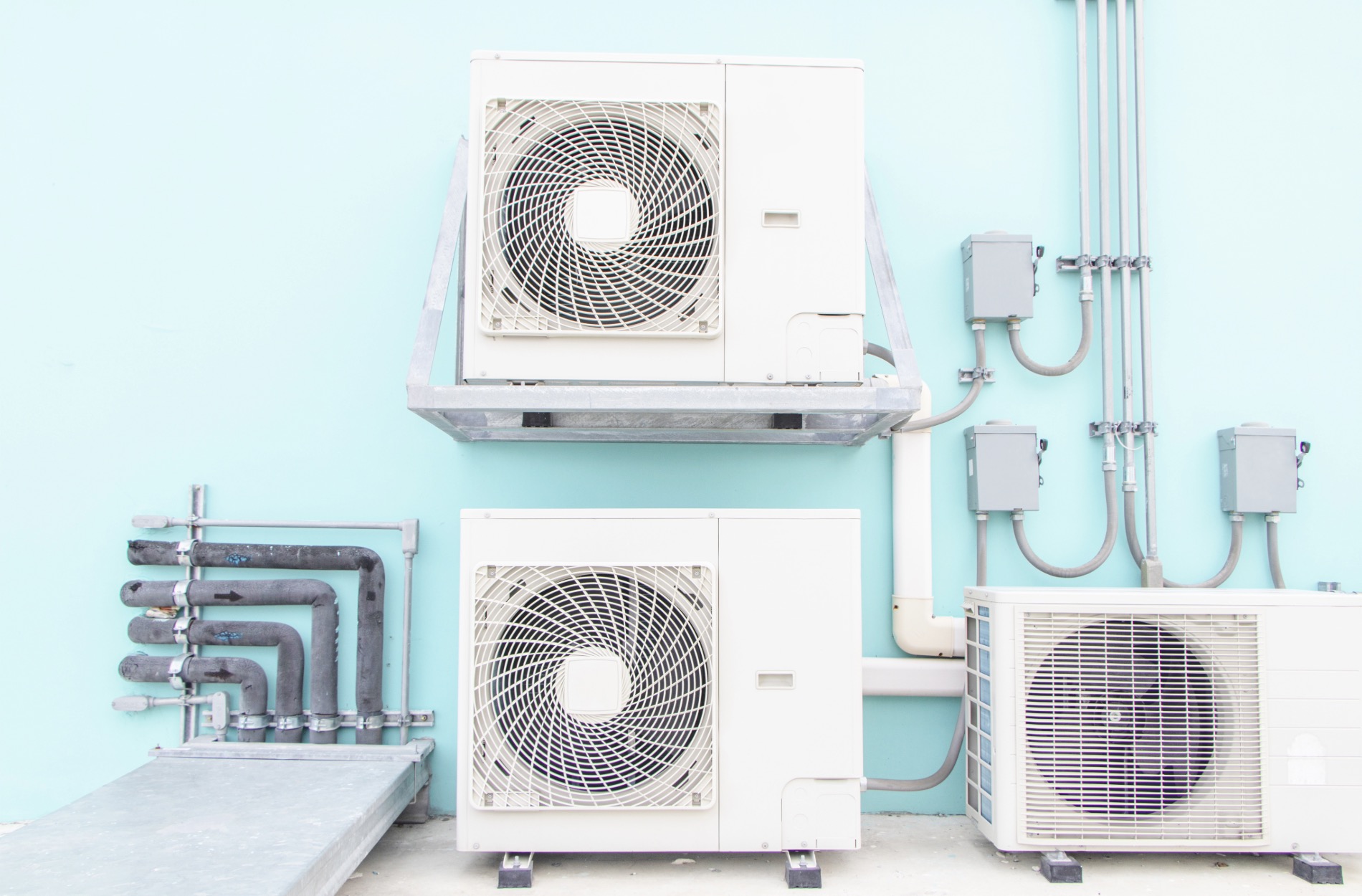Selecting the right heating system for your property is crucial to ensure comfort, energy efficiency, and long-term cost savings. Heat pumps have become a popular choice among property owners in Kansas City due to their effectiveness in temperate climates, energy efficiency, and dual heating and cooling functions.
Choosing the right heat pump for your property, whether it’s residential, commercial, or a new construction project, involves careful consideration of critical factors, such as the property size, insulation, efficiency ratings, and system types. Successfully navigating these factors can lead to the optimal heat pump solution that best meets the unique requirements of your property.
Stay tuned as we discuss the key factors to consider when selecting a suitable heat pump system for your property, the different types of heat pumps available in the market, and the importance of a professional installation service. Our skilled technicians at Delta T Heating & Cooling possess the necessary expertise to guide you through the process of selecting the right heat pump system for your Kansas City property. Furthermore, our team will ensure a seamless installation process, resulting in a comfortable and energy-efficient indoor environment.
Key Factors to Consider for Choosing a Heat Pump
1. Property Size and Insulation Quality
The size and insulation of your property play a significant role in determining the appropriate heat pump system. A properly sized heat pump can efficiently heat and cool your property while also maintaining optimal energy consumption levels. Our technicians will evaluate your property’s square footage, insulation, and space requirements to ensure that you are choosing a system that provides sufficient heating power for maximum comfort.
2. Efficiency Ratings
Heat pump efficiency is typically measured by the Seasonal Energy Efficiency Ratio (SEER) for cooling and the Heating Seasonal Performance Factor (HSPF) for heating. By selecting a heat pump with higher efficiency ratings, you can enjoy added energy savings and contribute to a reduced environmental impact. Our professionals can guide you through the process of understanding and comparing efficiency ratings to make an informed decision.
3. System Types
There are various types of heat pumps available in the market, such as air-source, ground-source, and mini-split heat pumps. Understanding the differences between these systems can help you select the one best suited for your property, taking into account factors like climate, property layout, and installation complexity. Our technicians can discuss the pros and cons of each system type and provide recommendations based on your specific circumstances.
Types of Heat Pumps
1. Air-Source Heat Pumps
Air-source heat pumps are the most common type used in residential and commercial properties. They extract heat from the outside air and transfer it indoors to provide heating. In cooling mode, they work in reverse, removing heat from the interior and releasing it outdoors. These systems are easy to install, relatively affordable, and efficient for properties in temperate climates like Kansas City.
2. Ground-Source (Geothermal) Heat Pumps
Ground-source, or geothermal, heat pumps leverage the stable temperature of the earth to provide heating and cooling for your property. While they have a higher upfront cost and more complex installation process compared to air-source systems, they offer superior energy efficiency and longer operational life.
3. Mini-Split Heat Pumps
Mini-split heat pumps are ductless systems that can be installed in individual rooms or spaces. They provide the advantage of zoned temperature control and flexibility in installation locations. Mini-split systems are ideal for properties with limited space or for renovations and additions where extending ductwork is not feasible.
The Importance of Professional Installation
1. Correct Sizing and System Selection
Professional installation ensures that the heat pump system you choose is not only suited for your property but also installed correctly. Our technicians will carefully assess your property and provide recommendations on the appropriate system type, size, and efficiency ratings.
2. Proper Installation Techniques
A well-executed installation is crucial for the heat pump system to function optimally. Our experienced professionals have extensive knowledge of heat pump installation best practices, ensuring effective and energy-efficient operation right from the start.
3. Pre-installation Assessment and Post-installation Support
A comprehensive pre-installation assessment allows our technicians to identify any potential issues before installation. Additionally, our team can provide ongoing support to assist with maintenance and troubleshooting.
Conclusion
Selecting the right heat pump for your property requires careful consideration of factors such as property size, insulation quality, climate, and efficiency ratings. By consulting with our professional HVAC contractors at Delta T Heating and Cooling, you can feel confident in making an informed decision that will provide long-term comfort and energy efficiency for your property.
Our team is dedicated to providing exceptional customer service and expert heat pump installation in Kansas City, ensuring that your heat pump system operates at peak performance. Contact us today to discuss your heat pump options and enjoy a comfortable and energy-efficient indoor environment year-round.



